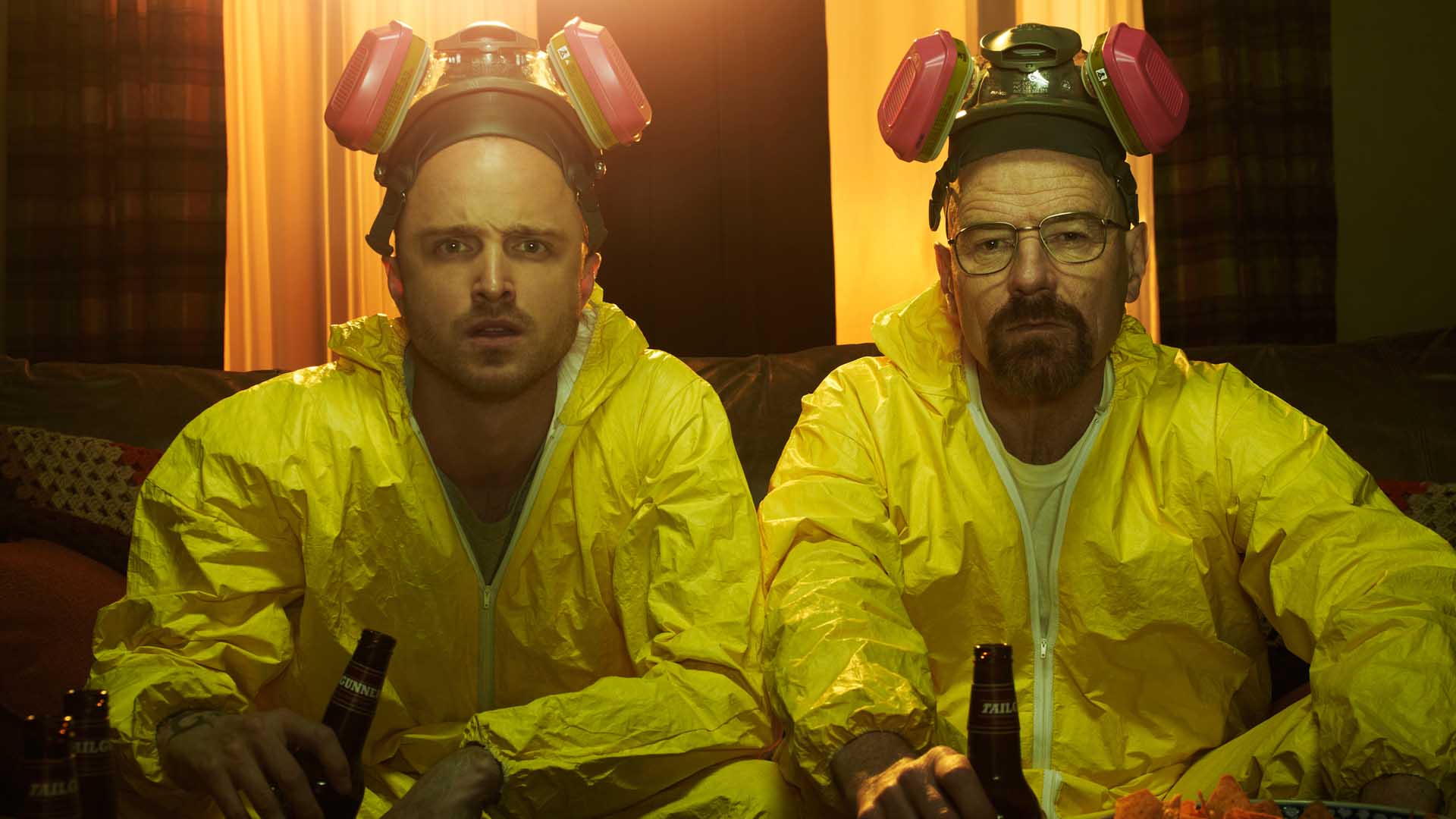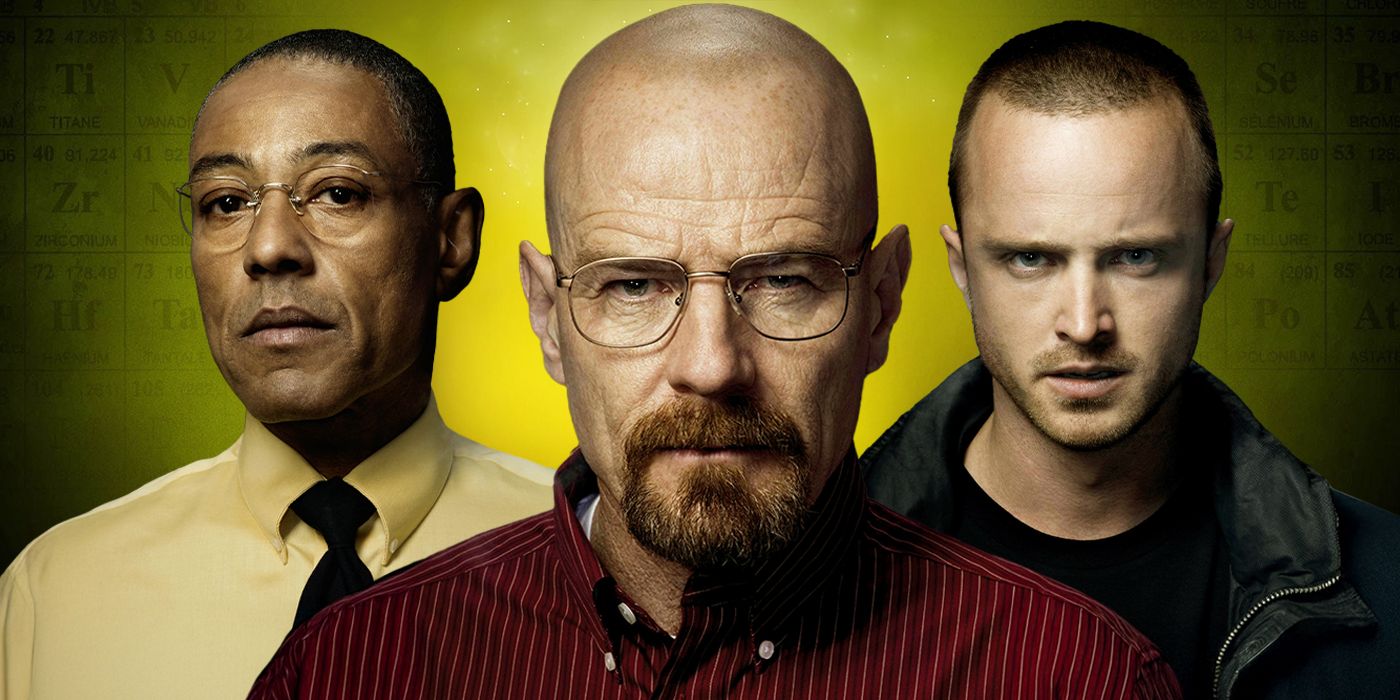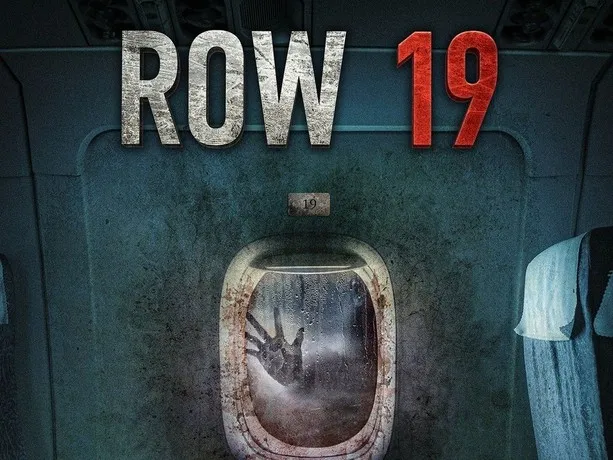Why This TV Masterpiece Still Reigns Supreme
In the golden age of television, few series have burned as brightly — or left a scar as deep — as Breaking Bad. Created by Vince Gilligan and aired from 2008 to 2013, the series took a modest premise — a dying chemistry teacher starts making meth — and transformed it into a Shakespearean epic about pride, power, and the dark heart of the American dream.
More than a decade since its finale, Breaking Bad remains not just one of the greatest shows ever made — but a blueprint for how to turn moral decay into art.
The story begins with Walter White (Bryan Cranston), a soft-spoken high school chemistry teacher in Albuquerque, New Mexico. Diagnosed with terminal lung cancer, Walt fears for the future of his family — his pregnant wife Skyler (Anna Gunn) and disabled son Walt Jr.
Desperate, he turns to cooking methamphetamine, enlisting the help of former student Jesse Pinkman (Aaron Paul), a small-time drug dealer with a good heart and bad habits.
What starts as a plan to “provide for his family” slowly mutates into something far darker. Walt, under the alias Heisenberg, rises through the criminal underworld, confronting drug lords, assassins, the DEA — and his own soul.
Across five seasons, Walt transforms from a man breaking bad into a man already broken, dragging everyone around him down into the wreckage.
While Breaking Bad is often labeled a crime drama, it’s far more than that. It’s a deep dive into moral ambiguity, where every choice has weight and every consequence cuts deeper than the last.
At its heart, the show is about pride. Walt could have accepted help from former colleagues. He could have lived and died with dignity. But his ego wouldn’t allow it. He needed to win. To be respected. To be feared.
The beauty of Vince Gilligan’s writing is that he never lets us off the hook. We cheer for Walt. We sympathize with Jesse. And then we feel sick when we realize we’ve been rooting for monsters.
Breaking Bad isn’t just well-written — it’s beautifully shot. Directors like Rian Johnson, Michelle MacLaren, and Gilligan himself elevate every episode with stunning cinematography.
Color palettes carry meaning — green for greed, yellow for danger, blue for Jesse’s meth, purple for Marie’s delusions. The desert becomes both battleground and purgatory. Silent moments speak louder than words.
The iconic cold opens, often cryptic or abstract, tease what’s to come and reward repeat viewers. "Ozymandias," often cited as the greatest episode of TV ever made, is a masterclass in tension, tragedy, and narrative climax.
-
Bryan Cranston delivers a once-in-a-lifetime performance as Walter White. Watching him shift from sympathetic dad to dead-eyed kingpin is both mesmerizing and horrifying.
-
Aaron Paul, as Jesse Pinkman, gives the show its heart. His pain, regret, and raw humanity balance out Walt’s icy descent. His catchphrase “Yo, Mr. White!” became iconic, but it’s his quietest moments that hurt the most.
-
Anna Gunn as Skyler had the thankless job of opposing Walt — and did so with quiet brilliance. Her arc from naive housewife to complicit partner was masterfully written and performed.
-
Supporting roles like Giancarlo Esposito as Gus Fring, Jonathan Banks as Mike Ehrmantraut, and Bob Odenkirk as Saul Goodman all became legends in their own right.
Unlike many long-running shows, Breaking Bad stuck the landing. Its final season — and particularly its finale — was both satisfying and tragic. Walt doesn’t get redemption, but he does get honesty. He finally admits: “I did it for me. I liked it. I was good at it.”
The show’s success sparked a wider universe:
-
Better Call Saul: A brilliant prequel that gave depth and nuance to even the smallest of side characters, and arguably matched — if not surpassed — the original in emotional depth.
-
El Camino: A film epilogue that gave Jesse Pinkman a well-deserved, cathartic goodbye.
Together, they form one of the most tightly woven, character-rich trilogies in TV history.
Breaking Bad revolutionized how we talk about television. It proved that TV could be cinematic, thematic, and intensely character-driven — without sacrificing entertainment. It blurred the line between hero and villain, between victim and perpetrator.
It taught us that the journey from good to evil doesn’t require a leap — just a series of small, justifiable steps.
Even today, shows are judged by the “Breaking Bad standard.” Did it evolve? Did it build tension? Did it pay off its promises?
Because Breaking Bad didn’t just break bad. It broke the mold.
Rating: 10/10
Verdict: Relentless, tragic, and unforgettable — Breaking Bad is not just a show. It’s a thesis on morality, identity, and power. A high watermark for what storytelling can achieve.





-1751100889-q80.webp)
